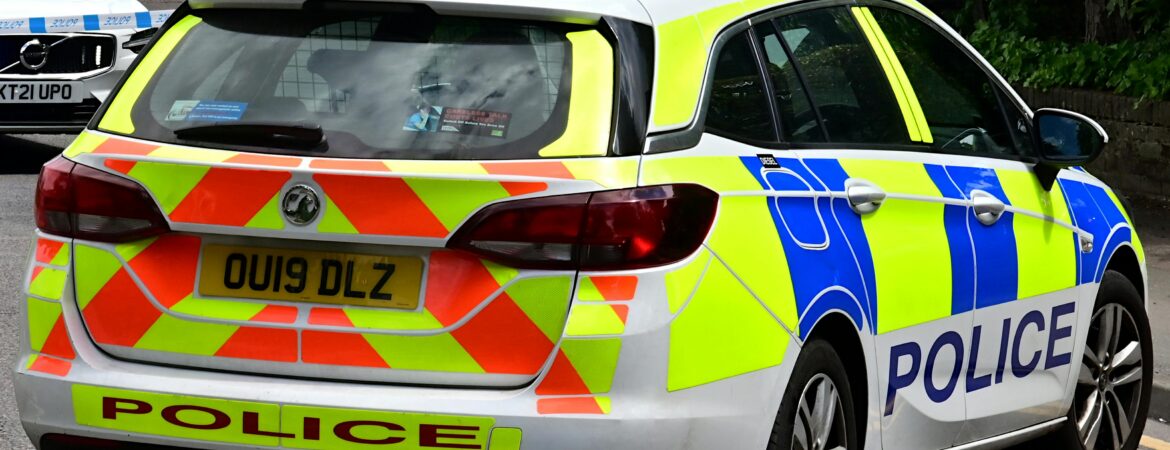
The Government has announced they will pilot the new Domestic Abuse Protection Notice and Domestic Abuse Protection Order next month.
The pilot will be run in specially chosen police forces, Greater Manchester, Croydon, Sutton, Bromley and the British Transport Police. From early 2025 domestic abuse specialists will join officers in these forces’ control rooms. Their role will involve showing officers how to conduct risk assessment on incidents as they are reported. They will also work with officers in the field to make sure that victims get the fastest possible response when they ask for police assistance and referred on to the relevant support services quickly and efficiently.
This initiative has been designed to supplement the current Civil Protection Orders introduced by the Domestic Abuse Act 2021.
Civil Protection Orders – or, as they’re sometimes referred to as, injunctions – enable victims of abuse to obtain an order to protect themselves from their abuser.
There are separate orders for different issues, but the victims of domestic abuse would most likely apply for a Non-Molestation Order, Occupation Order, Restraining Order, Domestic Violence Protection Notice or a Domestic Violence Protection Order. Each offers the applicant protection from further abuse or the threat of abuse by making a breach of the order a criminal offence which means the perpetrator could receive a custodial sentence.
However, no single measure exists that can be used across family, civil and criminal courts. This can make obtaining protection from abuse confusing and difficult for victims. The primary objective of the Domestic Abuse Protection Order is to provide that single measure.
What are Domestic Abuse Protection Notices and Domestic Abuse Protection Orders?
The new Domestic Abuse Protection Notice (DAPN) and Domestic Abuse Protection Order (DAPO) have been introduced to heighten the level of protection available to survivors of domestic abuse (including non-physical abuse and controlling and coercive behaviour) and empower the authorities to be tougher on perpetrators.
They enable victims to obtain protective measures in the immediate aftermath of a domestic abuse incident with help from the senior police officer in attendance. The officer would make an application before a civil court and the court must then be satisfied the order is necessary to protect the victim from further abuse or the risk of abuse. To make the orders more accessible, there is no associated fee and there is even the possibility of claiming legal aid to pay for further legal representation under certain circumstances.
Once the order has been granted by a Magistrate’s or the Family Court, the person the order is made against will be prohibited from:
- Being violent towards the named person and/or their children
- Threatening violence the named person and/or their children
- Communicating the named person and/or their children (except by following specific instructions issued by the courts)
- Harassing you the named person and/or their children by going to specific places, for example a property, a place of work or a school
The order may also require the alleged perpetrator to comply with certain instructions (Positive Requirements) like reporting regularly to a Police Station, wearing an electronic tag, observing a curfew, undertaking treatment for alcohol or substance abuse or a behavioural change programme.
Again, failure to comply with the terms of the order will be treated as a criminal offence and, therefore, potentially punishable with a jail sentence.
Why is there a Domestic Abuse Protection Notice pilot?
The Police will be required to make the application, give evidence to support the application to show the court the order is necessary and recommending the Positive Requirements. It is also highly likely they will then have to uphold the terms of the order once it has been granted. This is why having specialists on hand to guide them through domestic abuse scenarios and assess the level of risk involved will be massively helpful hence the proposed pilot scheme.
Leading figures have made public statements in support of the new initiative. Home Secretary Yvette Cooper said:
“Through an expert-led, practical police response, we need to ensure that when victims and survivors of abuse have the courage to come forward it will be treated with the seriousness and urgency it deserves. Our mission is for the whole of government, agencies, organisations and communities to work together to halve violence against women and girls in a decade, and today is just one step of many towards tangible and long-lasting change.”
National Police Chiefs’ Council lead for Domestic Abuse, Assistant Commissioner Louisa Rolfe, said:
Domestic abuse is a complex and entrenched societal problem that can inflict life-long harm on victims and families, and accounts for a significant proportion of police-recorded crime. Providing support for victims and their families and to introduce effective and sustainable solutions to disrupt perpetrators is vital.”
The pilot is expected to continue for two years after which it will be independently evaluated and if deemed a success, rolled out nationally.
If you are the victim of domestic abuse or involved in a domestic abuse case and would like to enlist the help of one of our experienced criminal barristers, please contact us today.
Leave A Comment